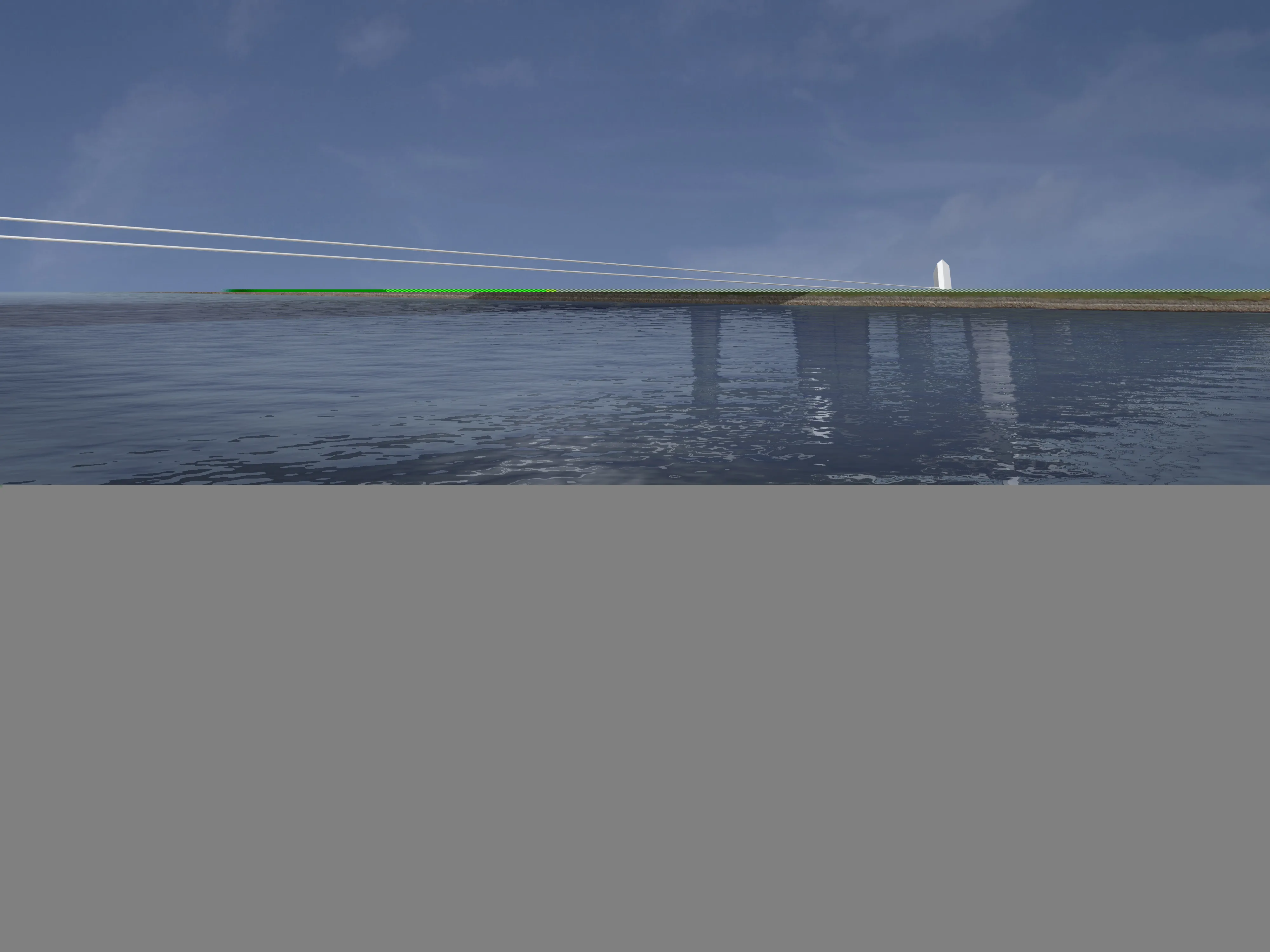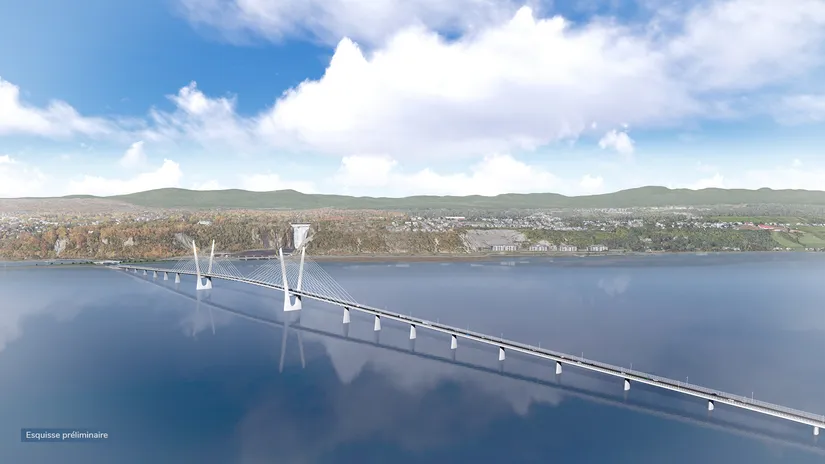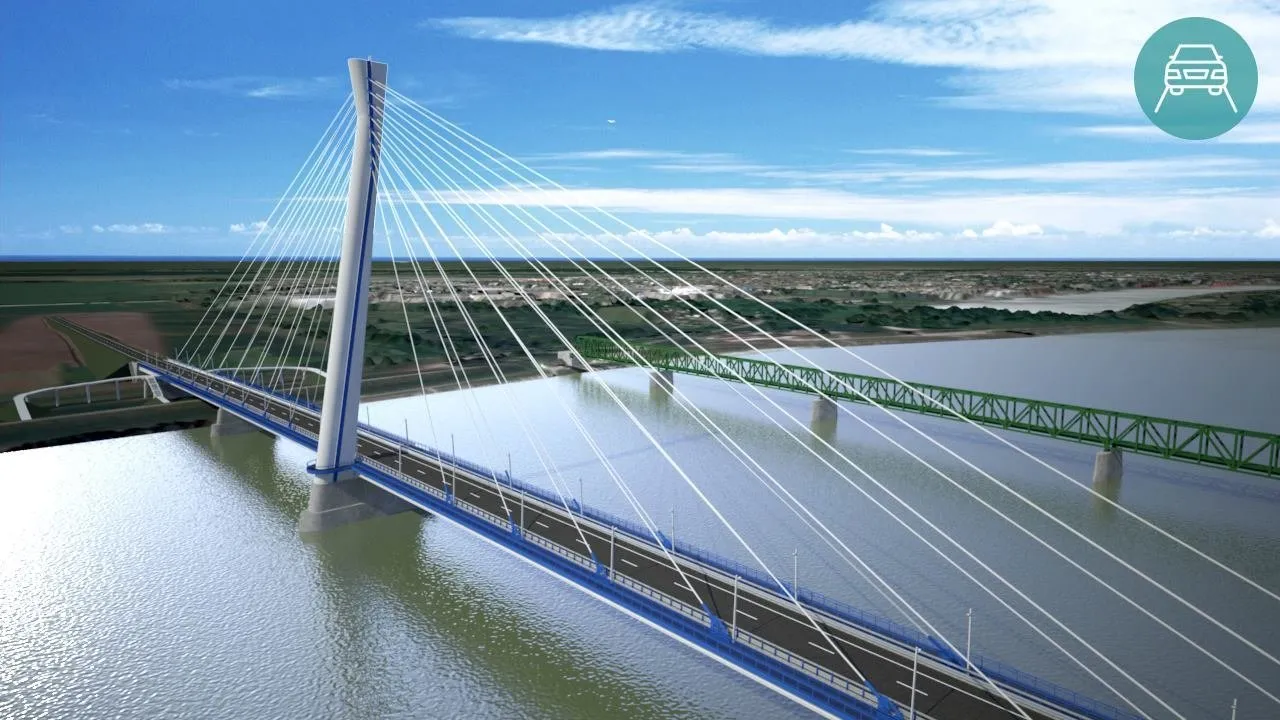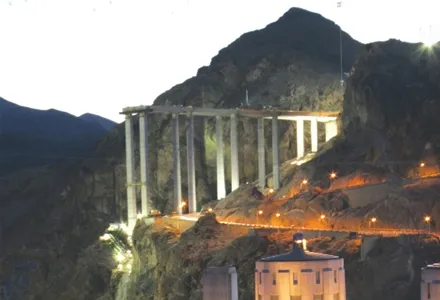
The state owned authority Deges - Deutsche Einheit Fernstraßenplanungs- und -bau - will oversee the project that includes an eight-lane expansion of the A40, all in the industrial Rhur region.
"We hope that there will be a planning approval decision in 2019. Only then can we start with the tenders,” said Karl-Heinz Aukschun, Deges project manager.
If so, construction could start in 2020 and the bridge open by 2023 after which the old bridge will be demolished. The entire project including highway expansion should be complete by 2026.
Estimated cost will be €340 million for the bridge alone, whose main span between the two piers will be 380m, making it Germany’s longest cable stayed bridge.
According to Deges, the bridge will carry 126,000 vehicles a day by 2030, although the bridge’s capacity will be 150,000 vehicles daily. Lifespan will be up to 100 years.
The existing 775m-long Neuenkamp Bridge was completed in 1971 and was designed to carry 30,000 vehicles daily. However, for several years it has been carrying around 110,000 vehicles a day, including 11,000 trucks, according to media reports.
The old bridge’s decks were resurfaced 10 years ago. But since then, the structure has been closed on occasions for emergency welding to repair cracks. At other times, weight restrictions have been put in place for trucks.
Questions have already been raised about land acquisition for the A40 highway expansion as well as over the steel to be used for the bridge. Critics have wanted to know if the steel will come from Germany or China.
Udo Pasderski, Deges area manager, said steel will be purchase that gives best value for the citizens. "We always have to accept the most cost-effective offer in Europe-wide tenders," he said.
However, construction of the A1 Rhine bridge near Leverkusen, which will probably begin in 2019, will use Chinese steel.








